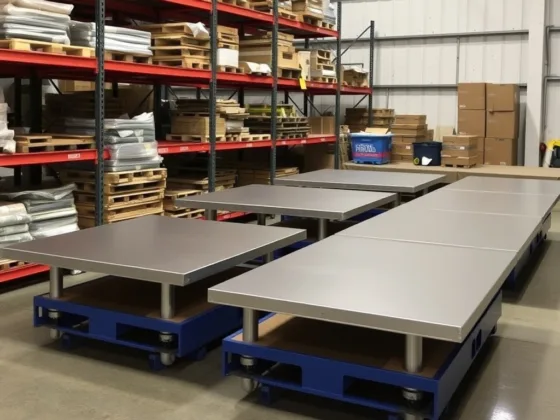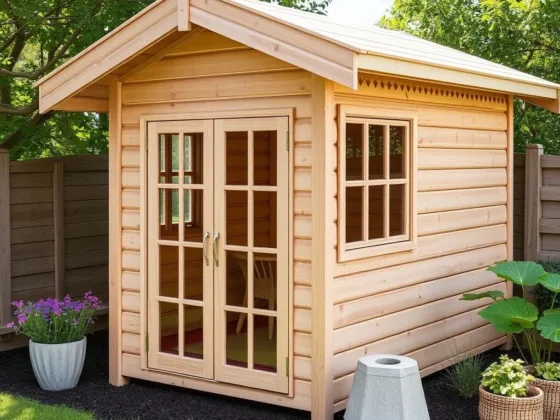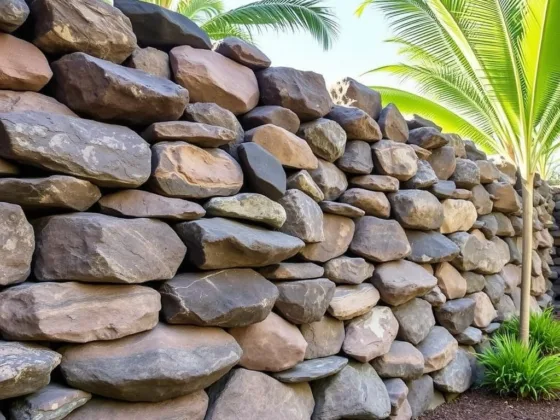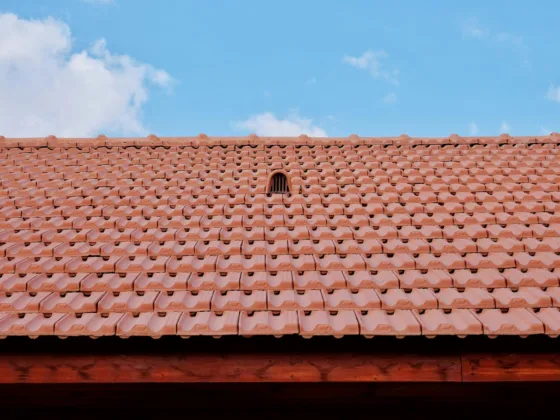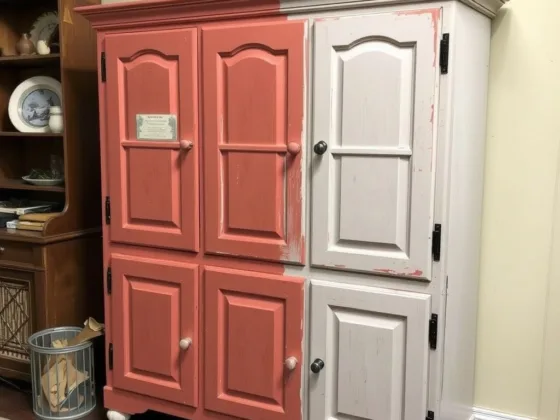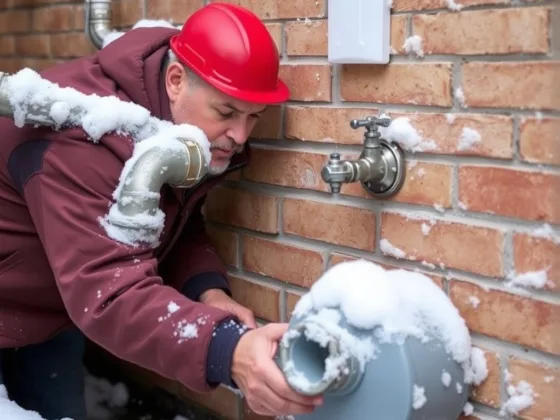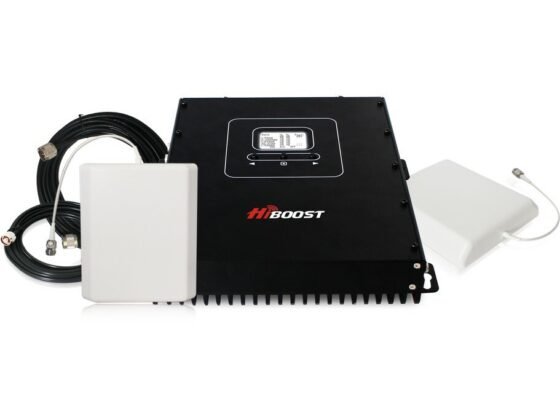Table of Contents Show
Brace yourself, winter is coming. Unfortunately, that’s not an allusion to Game of Thrones, but a reality when emergency maintenance is required for your home during the cold season.
It’s much harder to do renovations or introduce proper fixes. The cold weather conditions can cause serious damage, that’s why it’s better to get your home prepared for winter.

To reduce the amount of work, it’s recommended to perform regular “health checkups” for your home throughout the year. You may find the tips for effective monthly audits in this article.
Preparing for winter though may require a bit more effort, so here’s what you need to check to make sure you’re ready:
Make Sure Your Heating System Is Ready
No one wants to shiver from cold in winter, so checking the heating systems prior can guarantee to keep your house warm. Among the first things that need to be checked are furnace filters and the thermostat.
Once done, the next step would be hot water radiators to see whether they are heating. Last but not least, don’t forget to make sure carbon monoxide detectors are working properly.
Read Also:
Sweep Chimney
Before you light the first winter fire, make sure to have your chimney examined to make sure that it’s functioning properly and is clean inside without any obstructions like bird nests.
Doing so helps to prevent chimney fires and eliminate the risk of carbon dioxide leaking into the house.
Clean Gutters
It’s recommended to inspect gutters at least once per year before the cold season to clean it from moss leaves and other litter that may clog them.
Unkempt gutters cause damage and ice dams that may require a fortune to repair, not to speak of spoiling the look of your lawn and flowerbeds.
Take Care of Insulation
Start with the most vulnerable areas like windows and doors. You can caulk them to keep warm inside. The next area to take care of is the attic which can be insulated with foam or foil to prevent air leaking.
If you are planning major repairs, the insulation options are much wider. This step can also cut down your heating bills, as improper insulation causes up to 35% heat leaks making you increase the temperature in your thermostat.
Drain Water
If your exterior faucets and irrigation systems are not frost-resistant, in winter frozen water can damage the pipes, and cause basement floods, so it’s better to drain them beforehand.
If you have a pool, make sure to check whether the chemical water balance is fine, clean the algae, and properly cover it for winter.
Inspect the Roof
Most probably you won’t be happy to discover that you have issues with the leaking roof after the first snow or heavy rain during the winter season.
Moreover, the repairs during that time can be more difficult to implement. So, it’s better to check it prior to spotting any issues with the shingles that require replacements and any possible damages near the chimney that can be dangerous as well.
Check the Equipment
You will not be happy to discover that your snow machine is broken in the morning, that’s why it’s better to check your snowblower. When it comes to other gardening equipment like mowers, make sure there is no fuel left before putting them aside, and protect the system with antifreeze where it’s applicable.
There might be cases where the older methods like salt and shovel will be in handy, so don’t forget to stock on that as well.
To go through some items on this list, you may need experts’ help while the others can be done on your own. You can go through some items on your list on your own, while the others require experts’ help.
If you are not sure, it’s better to have a professional checking the core systems of your home, so that you spend a bit on the consultation, but save much more on covering the unpleasant outcomes when it’s too late to prevent them.
It’s always rewarding to get additional peace of mind relaxing by a fireplace sipping hot chocolate rather than shivering from cold and waiting your turn having 50 more people in line before you to receive professional help.



